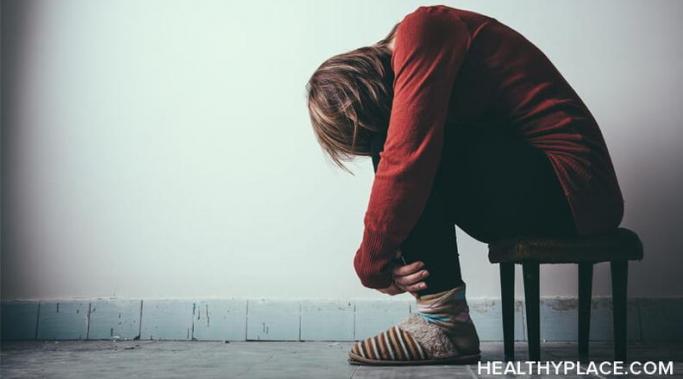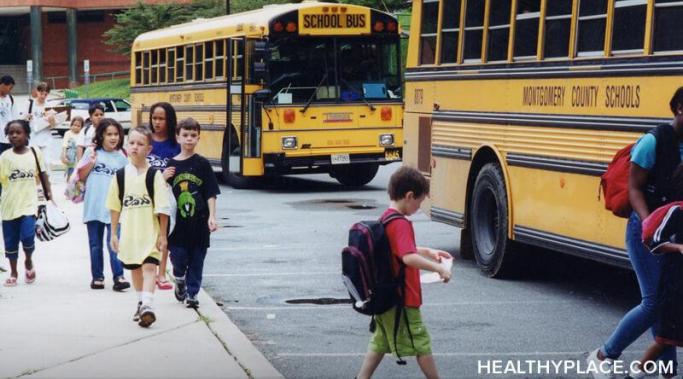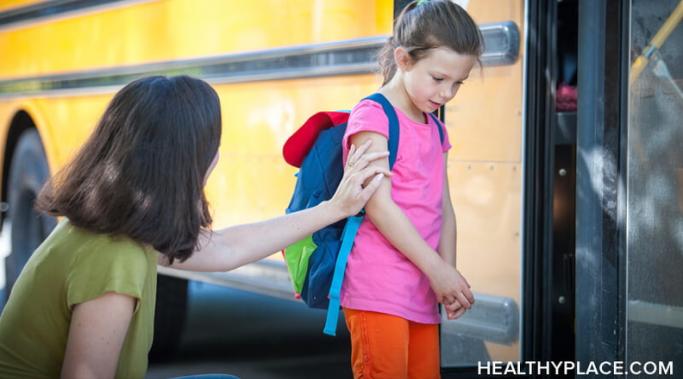Verbal abuse and anger seem to go together. In fact, one common stereotype of abuse is that the abuser must have been angry when the behavior occurred. This makes sense because aggressive behavior is the easiest to see and understand. When it comes to verbal abuse, subtle psychological mind games are more difficult to pinpoint and explain than direct insults and putdowns.
Signs and Symptoms of Abuse
There are many different forms of verbal abuse, and one that is often the easiest to spot is an abuser's insults or put-downs. My ex-boyfriend did not hold back, issuing demeaning comments or labels meant to attack specific things about me, my life, or the people in it so that I would feel bad about myself and change my behavior in some way. His words were direct hits either on things I liked about myself or on things I was insecure about. Either way, however, he used his knowledge about me gained through the closeness to me earned early in the relationship to try to hurt me using insults as a form of verbal abuse.
How can abuse lead to suicidal thoughts? Men and women in the depths of an abusive relationship often find themselves considering options they never anticipated they would. Abuse can take otherwise happy, outgoing, social and optimistic people and beat them down into a shell of who they once were. Both physical and verbal attacks have the power to do this to a man or a woman. Read on to learn how abuse can lead to suicidal thoughts.
Signs your child is experiencing verbal abuse at school are important to recognize and respond to. School is back in session and so we send our babies, some in kindergarten and some in high school, off to their place of learning for six or so hours a day. It can be nerve-wracking to feel out of control and unsure of what is happening with our children for those hours, but keeping an eye on his or her at home behavior can be a good indicator of how he or she is being treated at school. Continue reading to learn more about possible signs that your child is experiencing verbal abuse in the classroom or on the playground.
As anyone who has been in an abusive relationship will tell you, patterns of verbal abuse exist. These abusive patterns (combined with tactics like gaslighting and manipulation) create misplaced feelings of trust and codependency and keep survivors coming back for more. Statements like "you're being too sensitive" or "you're imagining things" can make the abusive cycle even more confusing, causing survivors of abuse to think the problem lies with them. If this sounds familiar, you could be in an abusive relationship. Here are five common patterns of verbal abuse to watch out for.
Dating red flags that reveal you're seeing an abusive person may not be so simple to spot, but once you see it, don't unsee it just for the sake of being happy. Have you ever heard someone ask, "Why would you date someone that is abusive?" It's a surprisingly common question that is usually answered with something along the lines of, "Well he wasn't abusive on the first date." Most people abusive in nature are actually quite charming and easy to fall for in the beginning stages of an abusive relationship which is why it's so important to keep an eye out for signs that a person has a likely potential for abuse. Dating red flags are waving for a reason: to warn you that danger and unhappiness may be ahead. Continue reading to learn about characteristics and behaviors to be wary of, why they are dangerous and how to spot them.
Talking to kids about verbal abuse and bullying is an important part of preparing your children for the rocky road of adolescence. By discussing the realities of bullying in school, how to respond to it, who to talk to, and how to treat others you are equipping your child with invaluable life skills and contributing to the prevention of bullying in your community. Bullying has a profound impact on the mental and social well-being of children, from the time they are youngsters in elementary school to budding adults in high school. Educating our youth on how to treat others and how they should act in the case they mistreated is an investment in our kids and something every parent and teacher should make a priority. Read on for five important points to discuss with your child about verbal abuse and bullying.
Financial abuse -– also called economic abuse –- happens in most abusive relationships, but the signs are not always obvious. Financial abuse isn't just someone being tight with money or asking you to limit your spending for the good of the household; it is a form of coercive control that acts as a barrier to your independence and reinforces emotional abuse such as gaslighting and coercion. So how do you define financial abuse and what are the risks?
Technology is enabling a new breed of domestic violence: tech abuse in relationships. With the rise of tracking software, geotagging, Internet banking apps and social media, abusers now have more tools in their arsenal than ever before. This issue poses more questions than answers, such as who is addressing the role of tech abuse in controlling or violent relationships? And can technology ever be part of the solution, rather than just the problem? Let's examine tech abuse and the role of technology in abusive relationships.
Consequences of verbal abuse can creep up on anyone suffering abuse, causing severe and lasting effects. Verbal abuse in relationships begins slowly and then typically gets progressively worse, the abuse serving as a catalyst for dangerous psychological consequences for the victim. A verbally abusive relationship can cause a person to become plagued with depression, mood swings, lowered self-esteem, misplaced guilt, isolation, loneliness, and posttraumatic stress disorder (PTSD). Although these negative side effects may outlast the relationship itself, they are not generally permanent and can be treated and overcome completely. Continue reading to find out more about these seven consequences of verbal abuse.









